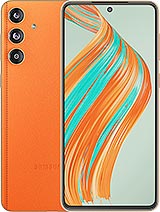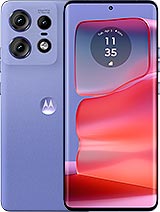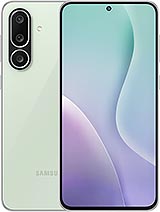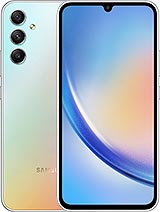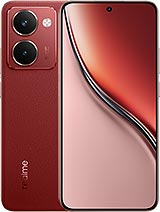OnePlus Nord 3 alternatives
Tap above to see alternatives.
Samsung Galaxy F54 alternatives
Tap above to see alternatives.
OnePlus Nord 3

OnePlus Nord 3
-
Dimensity 9000
4 nm
-
5000 mAh
80W
-
6.74"
1240x2772 pixels
-
50 MP
4K@30/60fps
- Specs
Samsung Galaxy F54
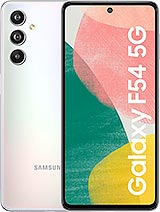
Samsung Galaxy F54
-
Exynos 1380
5 nm
-
6000 mAh
25W
-
6.7"
1080 x 2400 pixels
-
108 MP
4K@30fps
- Specs
1x3.05 GHz Cortex-X2
3x2.85 GHz Cortex-A710
4x1.80 GHz Cortex-A510
4x2.4 GHz Cortex-A78
4x2.0 GHz Cortex-A55
16GB 256GB (UFS 3.1)
f/1.8, 24mm (wide), 1/1.56", 1.0µm, multi-directional PDAF, OIS
8 MP
f/2.2, 112˚ (ultrawide), 1/4.0", 1.12µm
2 MP
f/2.4, (macro)
f/1.8, (wide), PDAF, OIS
8 MP
f/2.2, (ultrawide), 1/4.0", 1.12µm
2 MP
f/2.4, (macro)
1080p@30/60/120fps
1080p@30/60fps
f/2.4, 24mm (wide), 1.0µm
f/2.2, 26mm (wide), 1/2.8", 0.8µm
1080p@30fps
SIM1: Nano, SIM2: Nano
SIM1: Nano, SIM2: Nano
8 5G bands
n1, n3, n5, n8, n28, n40, n41, n77
10 5G bands
n1, n3, n5, n7, n8, n28, n40, n41, n77, n78
In this performance comparison, the OnePlus Nord 3 with its Mediatek Dimensity 9000 (4nm) performs better than the Samsung Galaxy F54 with the Exynos 1380 (5nm), thanks to superior chipset efficiency.
Samsung Galaxy F54 offers 4 years of OS updates, whereas OnePlus Nord 3 provides 3 years. For security updates, Samsung Galaxy F54 offers 5 years of support compared to OnePlus Nord 3's 4 years.
Both OnePlus Nord 3 and Samsung Galaxy F54 feature AMOLED displays, offering vibrant colors and deeper blacks. Both smartphones offer the same 120 Hz refresh rate. OnePlus Nord 3 also boasts a brighter screen with 1450 nits of peak brightness, enhancing outdoor visibility. Notably, OnePlus Nord 3 offers a higher screen resolution, resulting in sharper visuals and more detailed content.
Samsung Galaxy F54 features a larger 6000 mAh battery, potentially delivering better battery life. OnePlus Nord 3 also supports faster wired charging at 80W, compared to 25W on Samsung Galaxy F54.
OnePlus Nord 3 includes an IP54 rating, while Samsung Galaxy F54 lacks an official IP rating.
¹ Scores can vary even with the same chipset due to RAM, thermals, and software optimization.

